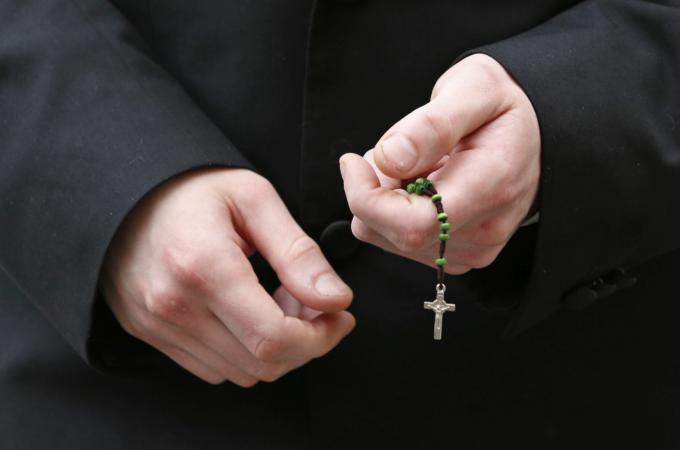Final thoughts on the passing of Alfie
Alfie Evans was born on May 9, 2016. He died on April 28, 2018. For 16 and a half months, he was a patient of Alder Hey Children's Hospital in Liverpool. By the time he died, a good portion of the world was aware of his short life and the battle his parents waged to prolong it.
For reasons that were never medically clear, Alfie began to show signs of a problem about two months after he was born. In December 2016, seven months after he was born, he was admitted to the hospital suffering from a variety of symptoms, including seizures.
Tests showed significant brain damage. He was kept alive on a ventilator and fed by tube. An array of doctors weighed in on the case, and, in the words of a subsequent judicial decision, their determination was that Alfie's decline was "both catastrophic and untreatable."
Alfie came to the world's attention when the hospital -- unable to secure the permission of the parents to remove him from the ventilator and feeding tubes -- sought a court's permission to do so. Eventually, Pope Francis was drawn into the case, as well as the Italian government, the English bishops and scores of advocates and activists.
Permission was sought, but denied, to bring Alfie to a Vatican hospital. While the doctors of Bambino Gesu did not deny the conclusions of the Alder Hey doctors, the hospital was offering to provide ongoing care for what the British call a "semi-vegetative state."
By the time Alfie died, after his ventilator was removed April 23, an extraordinary amount of medical and legal effort had been made on his behalf. There was an extraordinary amount of polemics as well.
For those debating what course of action was most appropriate, a major point of division concerns parental rights and their limits. Those defending the actions of the hospital point to the almost unanimous conclusion of the medical professionals that the situation was hopeless, and to a legal system that recognizes there are limits to parental rights, such as mandating life-saving treatment for a child even when a family says it violates their beliefs.
While health care professionals felt that everything possible had been done and that there was no possibility of a change for the better, the Evans family and others rejected the certainty of the medical professionals that all hope was lost. Because the Italian hospital was an alternative, they felt that the family should have had the last word.
As technology improves, the ability to keep human beings alive longer and longer will make additional cases like Alfie's inevitable. On a human level, parents are willing to go to great lengths to defend their children. They know that doctors do not always make the right predictions, and they hope for a future cure.
At issue are weighty matters regarding human dignity and a natural death, the allocation of resources and the role of the state. The Catholic Church offers valuable guidance, though even it is not capable of resolving every debate.
An unfortunate aspect of the controversy was the inflammatory polemics that accompanied it. Death threats against the doctors, exaggerated political rhetoric and the vilification of anyone who held a contrary view were all common as the debate progressed.
These momentous issues are not going away. Catholics must engage in these debates with intellectual vigor, but with humility as well. Those of us who have so often had our arguments misrepresented, distorted or taken out of context in the abortion debates must take care not to succumb to the same temptation when debating what to do when the next Alfie comes along.
- Greg Erlandson is director and editor-in-chief of Catholic News Service.



















